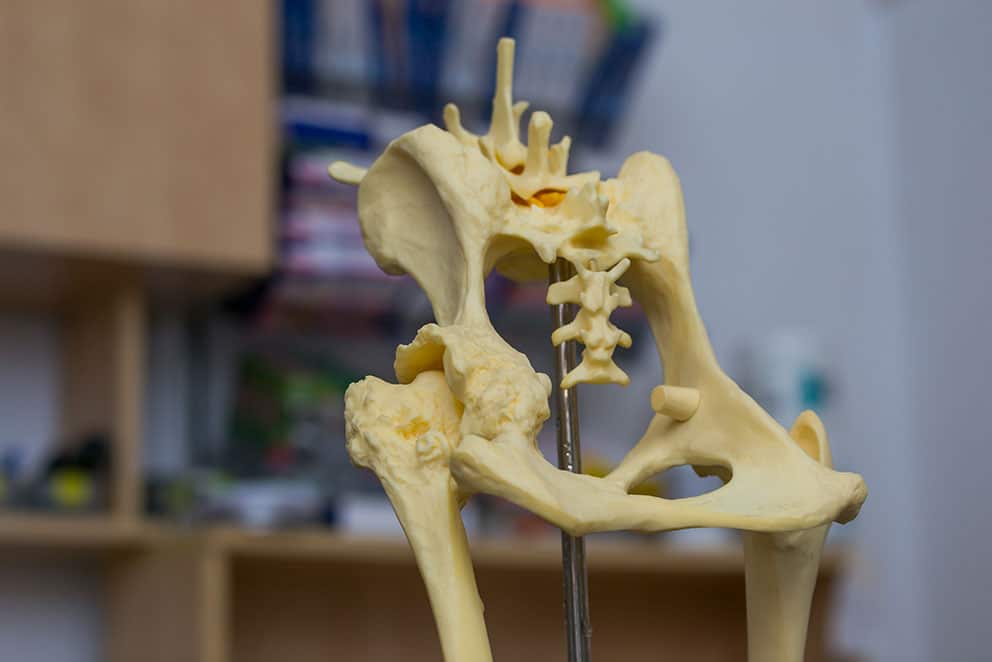Laboratory tests are a very important and useful tool for assisting us in the diagnosis of many health problems in our pets. They help veterinarians diagnose diseases which may not be clinically evident, confirm diseases which may be suspected upon clinical examination, and help us to monitor disease progression.
As an example, FIV is a viral disease in cats which can remain subclinical for many years. The only reliable way of diagnosing this disease is by looking for antibodies in a blood sample. From clinical symptoms and from the patient history provided by you, we may be able to diagnose many diseases with a fair degree of certainty but will often need to confirm this disease with blood and urine testing. Monitoring disease progression and medical management of disease is often done with regular blood & urine testing also.
Blood and urine testing is considered part of the “minimum data base” (the minimum amount of information required to make an accurate diagnosis) for diagnosing many diseases. It is also essential in the diagnosis of diseases or medical conditions which are diagnosed by the exclusion of all other possible conditions, for example some behavioural problems.
Blood and urine testing are probably the most frequent tests we recommend in an initial investigation as they generally provide the most amount of information and are fairly simple to obtain. We will recommend these tests when a diagnosis is not clinically evident, to confirm a diagnosis or to make sure your pet has no underlying health problems, for example before your pet undergoes an anaesthetic.






